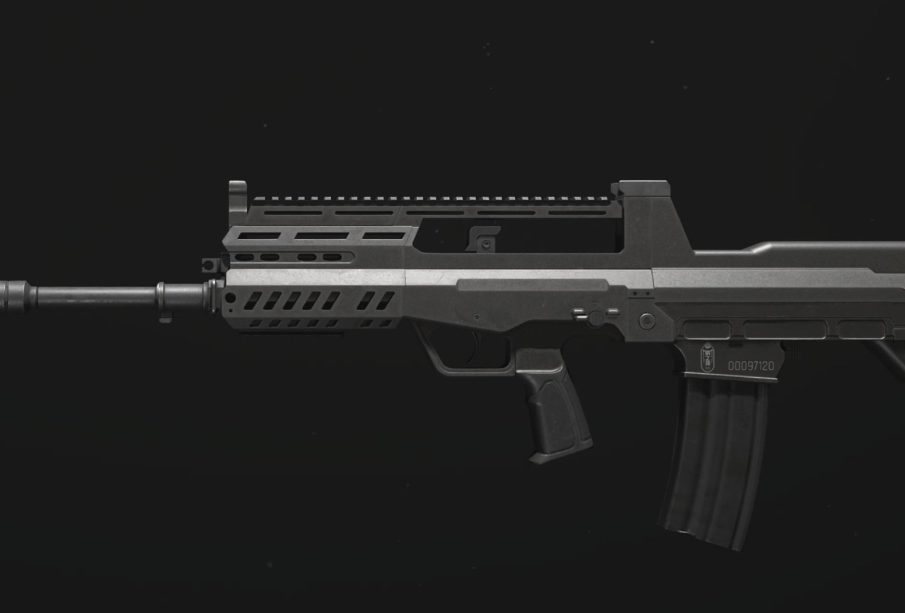Understanding Modern Warfare: Trends and Implications

Introduction to Modern Warfare
Warfare has been a fundamental aspect of human history, shaping societies, economies, and political landscapes. The study of warfare is crucial, especially in today’s rapidly changing global environment where technological advancements and geopolitical dynamics redefine how conflicts are fought. Understanding modern warfare is essential for anticipating future conflicts and their implications for international security.
The Evolution of Warfare
Recent decades have witnessed significant transformations in combat tactics and strategies. Traditional state-on-state warfare has given way to asymmetric conflicts, where non-state actors, guerrilla tactics, and cyber warfare play pivotal roles. For instance, the rise of organizations like ISIS shows how non-state actors can challenge traditional military forces. The use of social media and propaganda has also become a crucial tool for these groups to recruit, mobilize, and influence public perception.
Technological Advancements in Warfare
Technology is reshaping warfare as we know it. Unmanned systems, including drones, have revolutionized surveillance and combat methods. A report from the International Institute for Strategic Studies highlights that countries like the United States and China are investing heavily in artificial intelligence (AI) for military applications. These advancements raise ethical concerns about autonomous weapons and the potential for dehumanizing warfare.
The Impact of Cyber Warfare
Cyber warfare is another facet of modern conflict that nations must navigate. The 2020 SolarWinds cyber attack, attributed to Russian hackers, illustrates how state actors can launch disruptive attacks without conventional military engagement. Such incidents have profound implications on national security and are becoming a primary front in modern conflicts.
Conclusion and Future Outlook
As warfare continues to evolve, so too must our understanding and preparedness. The implications of these changes signify that nations must adapt their military and diplomatic strategies accordingly. The future of warfare may involve a combination of cyber capabilities, robotic systems, and traditional ground forces, compelling international cooperation to mitigate risks. Addressing these challenges will require global dialogue and innovative policy-making to ensure a balanced approach to security in this new era of warfare.









